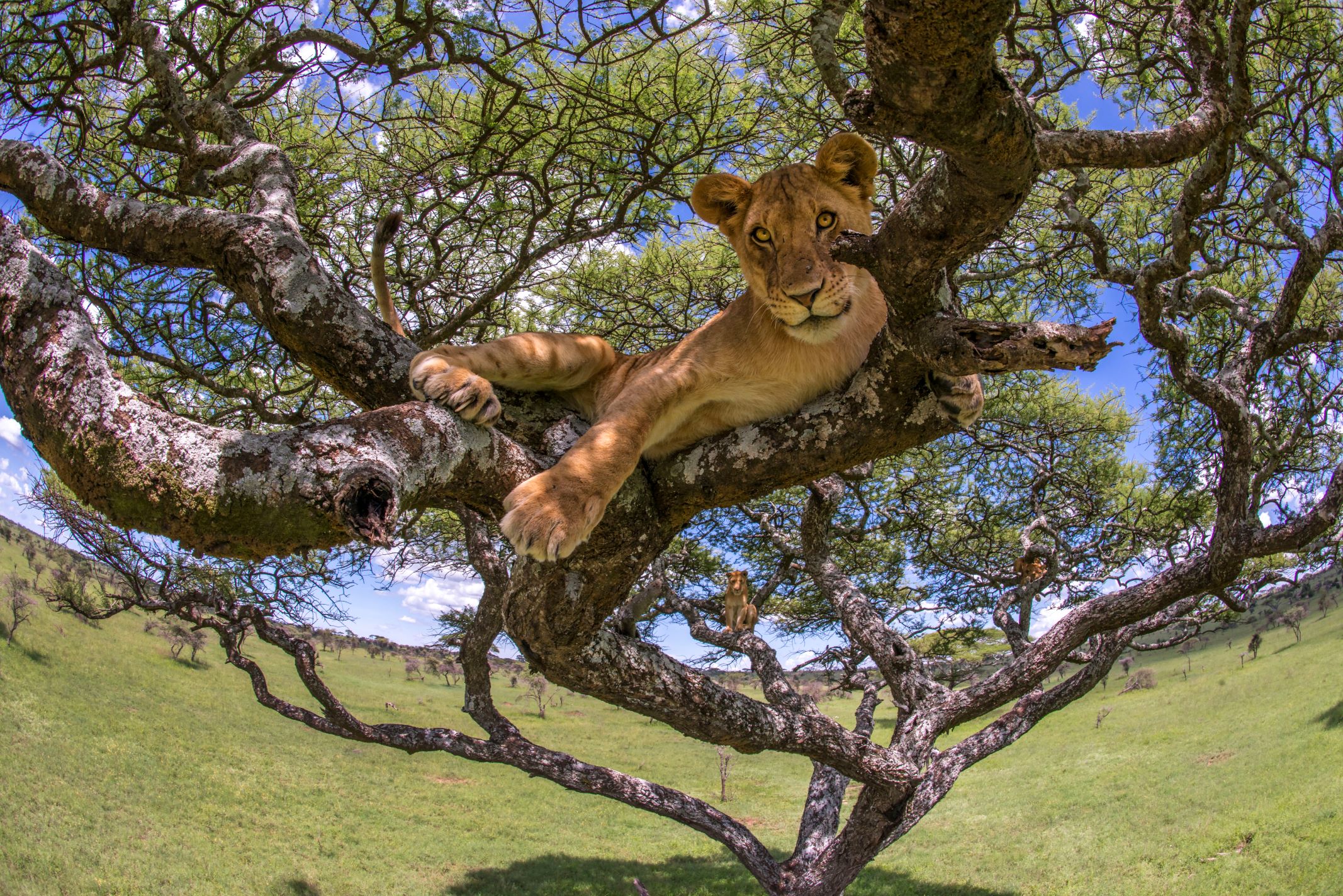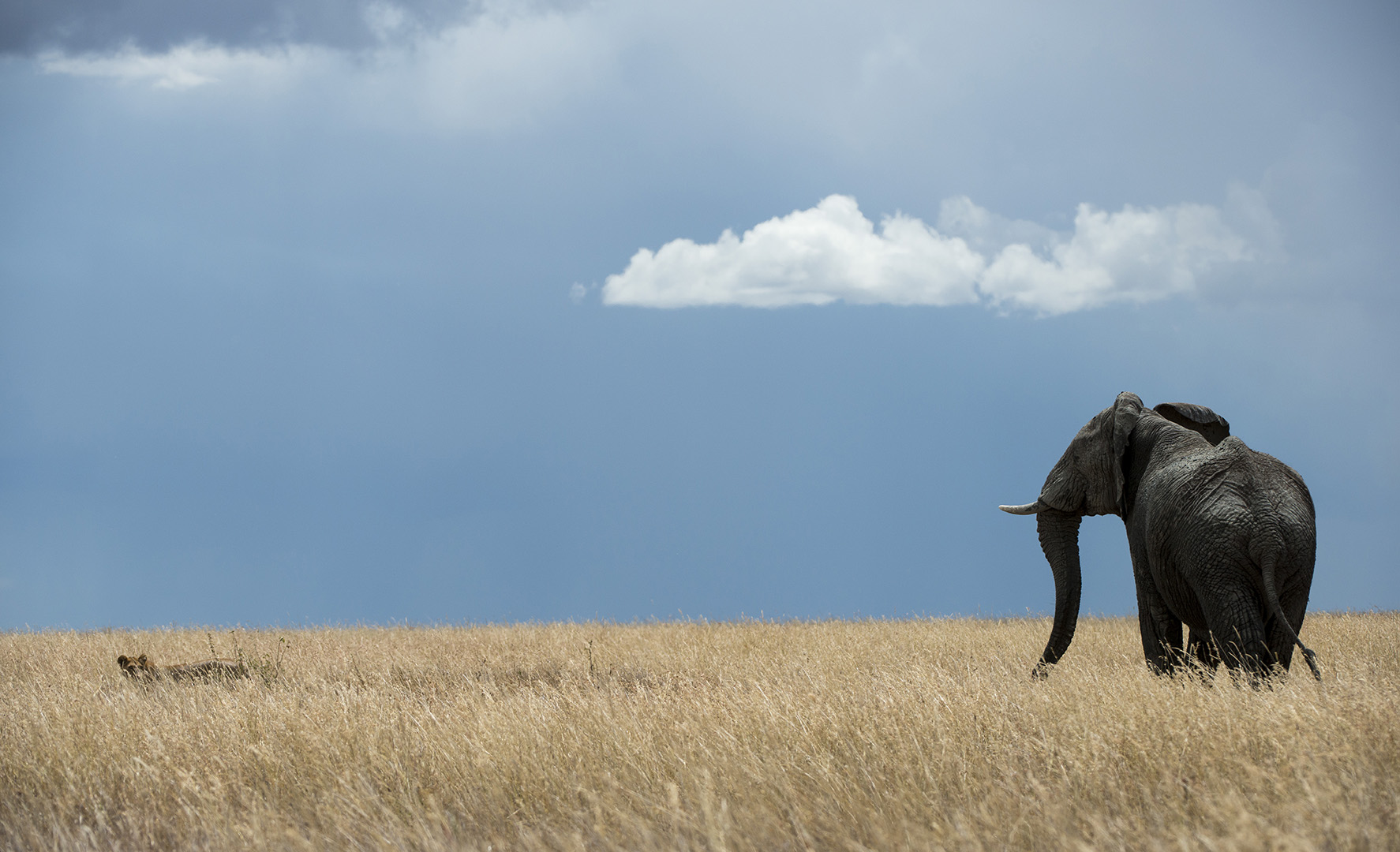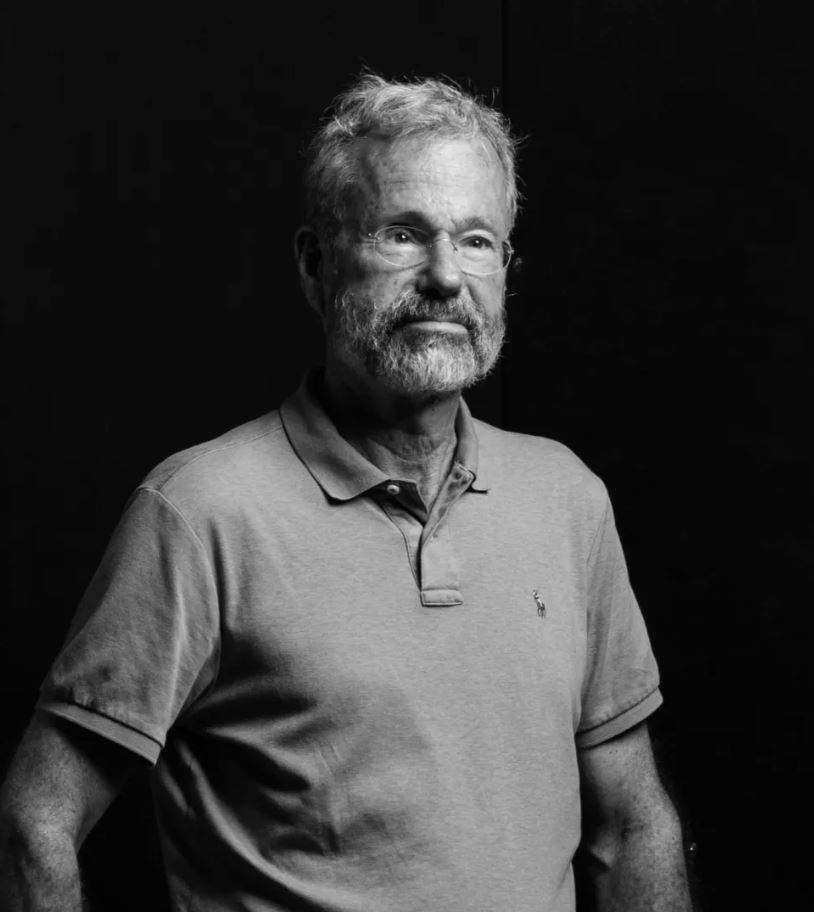The Jane and Whitney Harris Lecture Series brings leading experts from across the country to share their insights with students and the broader St. Louis community. These free, public events offer a unique opportunity to engage with world-renowned researchers and conservationists. The lecture series is made possible through generous donors and our partnership with the University of Missouri—Saint Louis, Saint Louis Zoo, and Missouri Botanical Garden.
Stay Updated! Don’t miss details on our upcoming events— email harriscenter@umsl.edu to get on our newsletter list or follow us on LinkedIn, Instagram, BlueSky, and Facebook.
Check back for details on next event!
Most recent lecture - March 2025
Dr. Craig Packer
The Lion: Five decades of research & Conservation on Africa's top predator
Dr. Craig Packer, a leading expert on lion behavior, ecology, and conservation, came to St. Louis to deliver a talk titled: The Lion: Five Decades of Research and Conservation on Africa's Top Predator. This free event took place at the Saint Louis Zoo on Tuesday March 4, 2025. Check out more about Dr. Packer's visit by reading this UMSL Daily Article.
Did you know? While lions have lost much of their historic range across Africa, the Middle East, and Asia, conservation efforts involving local communities are making a difference. Programs like ecotourism and livestock compensation programs have helped stabilize and even grow some lion populations in Africa, fostering coexistence between people and wildlife.


Credit: Lion Center at University of Minnesota

Dr. Craig Packer
Craig Packer is Distinguished University Professor in the Department of Ecology, Evolution and Behavior, University of Minnesota. He has received a Guggenheim Fellowship and is a fellow both of the American Academy of Arts and Sciences and the American Association for the Advancement of Science. He has published over 200 scientific papers and three books: Into Africa (winner of the John Burroughs Medal), Lions in the Balance, and The Lion: Behavior, ecology and conservation of an iconic species (Choice outstanding academic title of the year) He was named wildlife conservationist of the year by Cincinnati Zoo and received the Dawkins Award in Conservation from Balliol College at Oxford. He currently serves as Scientific Director of the Mara Predator Conservation Program in Kenya.
Dr. Packer's contributions have significantly advanced the understanding of lion behavior and conservation, influencing policies and practices aimed at ensuring the survival of this iconic species.
